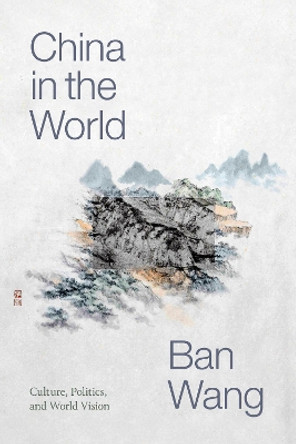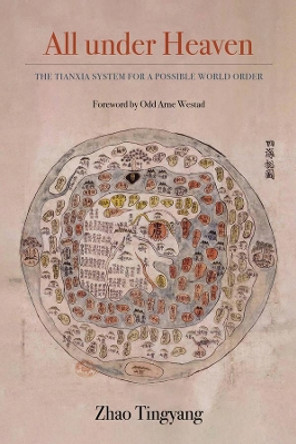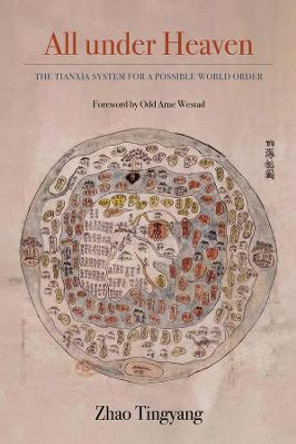The Confucian doctrine of
tianxia (all under heaven) outlines a unitary worldview that cherishes global justice and transcends social, geographic, and political divides. For contemporary scholars, it has held myriad meanings, from the articulation of a cultural imaginary and political strategy to a moralistic commitment and a cosmological vision. The contributors to
Chinese Visions of World Order examine the evolution of tianxia's meaning and practice in the Han dynasty and its mutations in modern times. They attend to its varied interpretations, its relation to realpolitik, and its revival in twenty-first-century China. They also investigate tianxia's birth in antiquity and its role in empire building, invoke its cultural universalism as a new global imagination for the contemporary world, analyze its resonance and affinity with cosmopolitanism in East-West cultural relations, discover its persistence in China's socialist internationalism and third world agenda, and critique its deployment as an official state ideology. In so doing, they demonstrate how China draws on its past to further its own alternative vision of the current international system.
Contributors. Daniel A. Bell, Chishen Chang, Kuan-Hsing Chen, Prasenjit Duara, Hsieh Mei-yu, Haiyan Lee, Mark Edward Lewis, Lin Chun, Viren Murthy, Lisa Rofel, Ban Wang, Wang Hui, Yiqun Zhou
About the AuthorBan Wang is William Haas Professor in Chinese Studies at Stanford University and the author of several books, most recently,
Illuminations from the Past: Trauma, Memory, and History in Modern China.
Reviews"
Chinese Visions of World Order is the best kind of edited volume; it gives the impression that its diverse array of contributions have been curated rather than commissioned." -- Salvatore Babones * MCLC Resource Center *
"Compiles a fascinating multiplicity of philosophical thoughts and historiographic accounts of the Chinese
tianxia . . . . A good read for anyone interested in Chinese intellectual history and philosophy." -- Nele Noesselt * The China Quarterly *
Book InformationISBN 9780822369462
Author Ban WangFormat Paperback
Page Count 344
Imprint Duke University PressPublisher Duke University Press
Weight(grams) 476g










